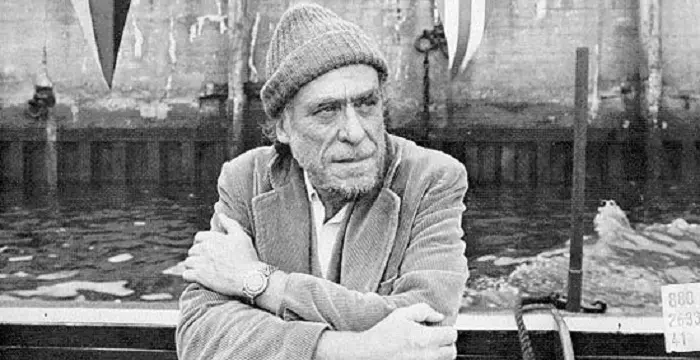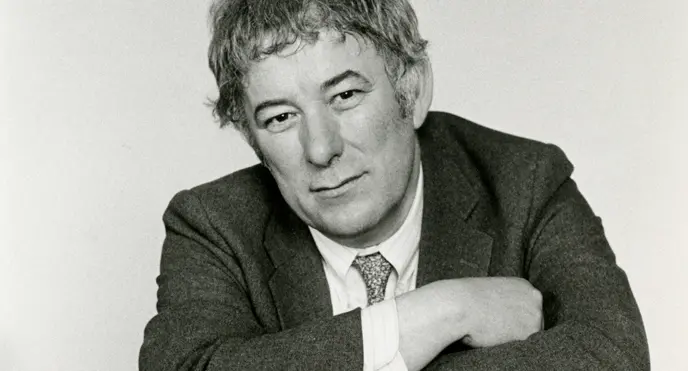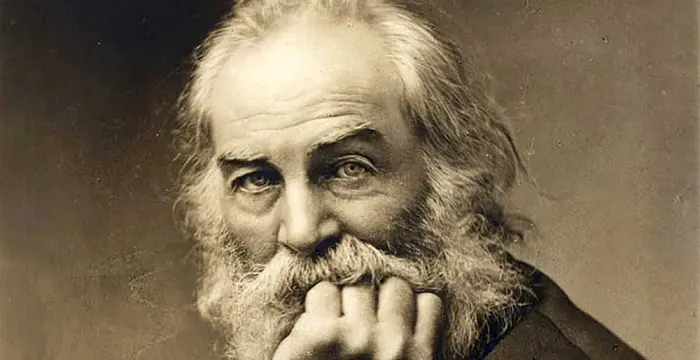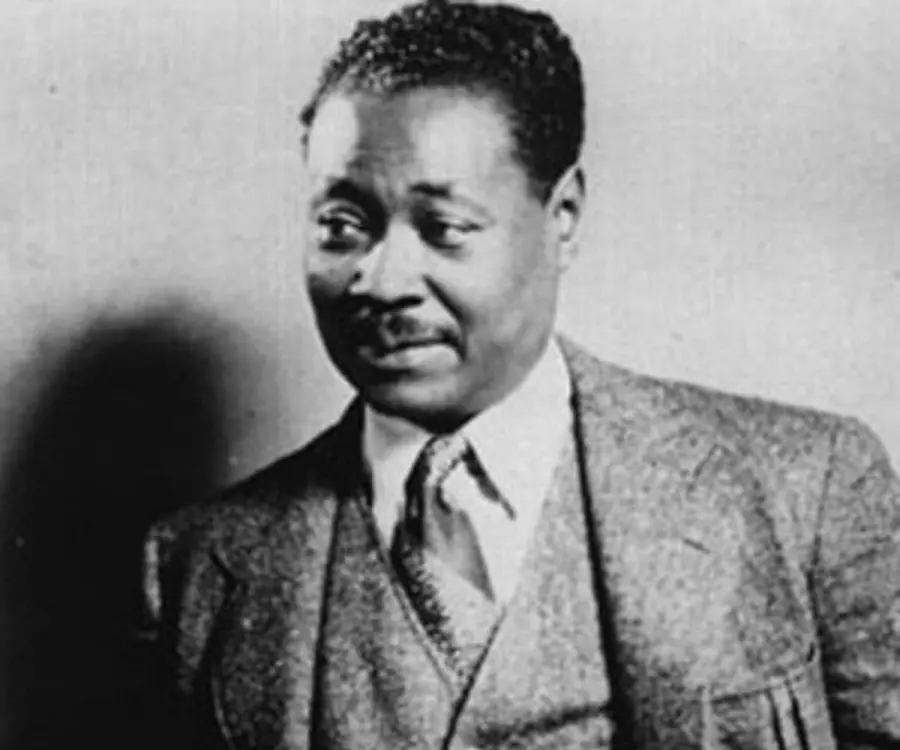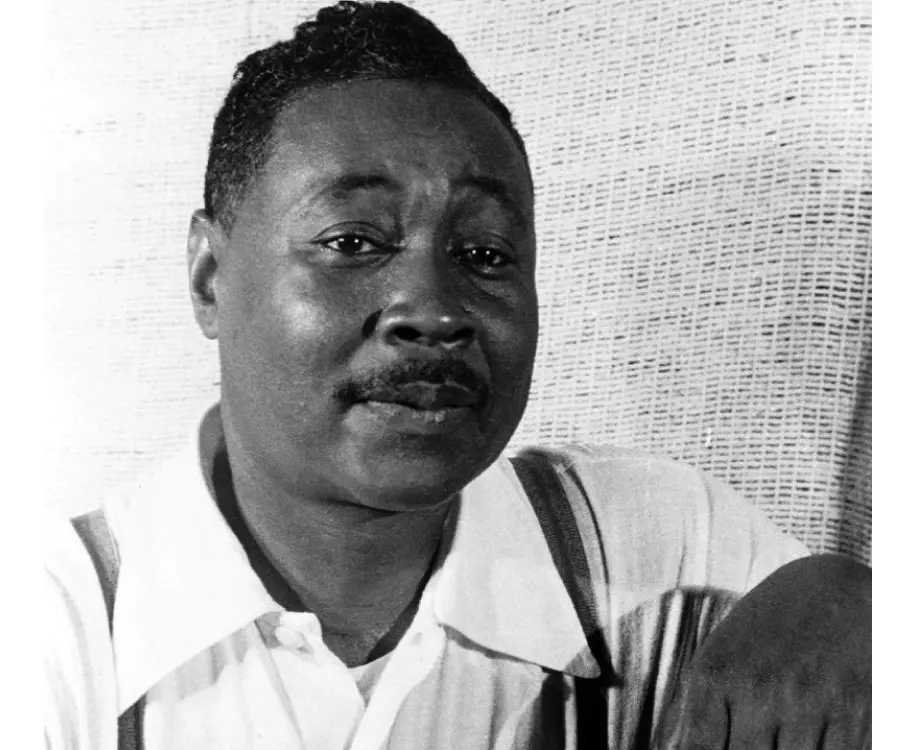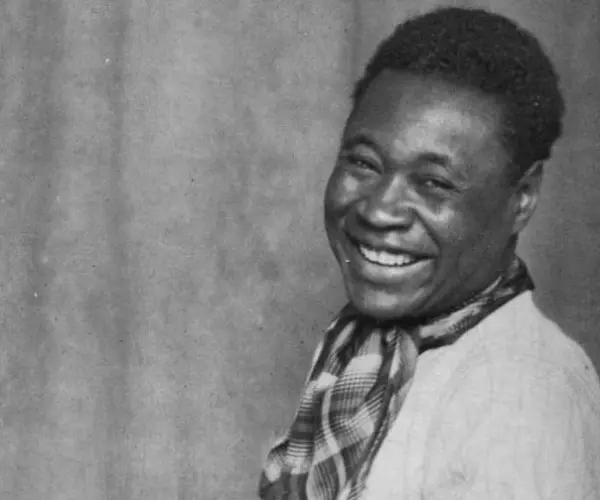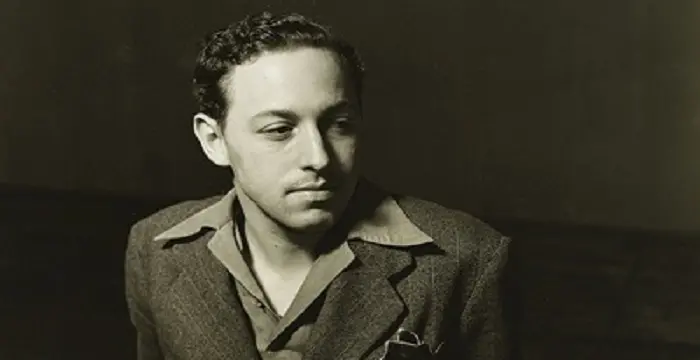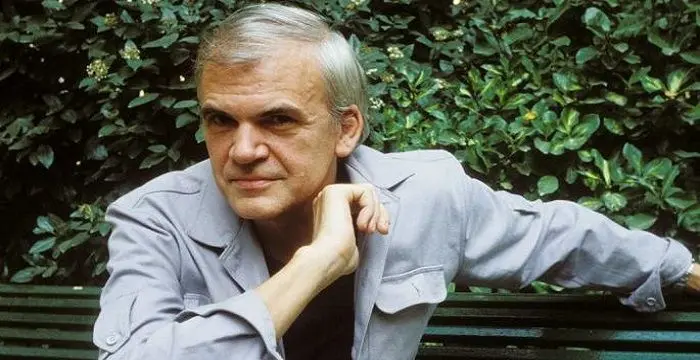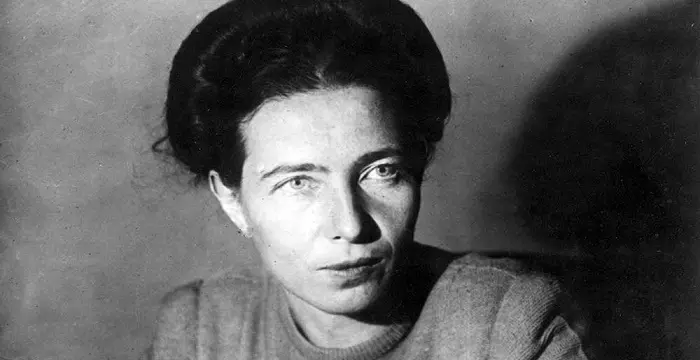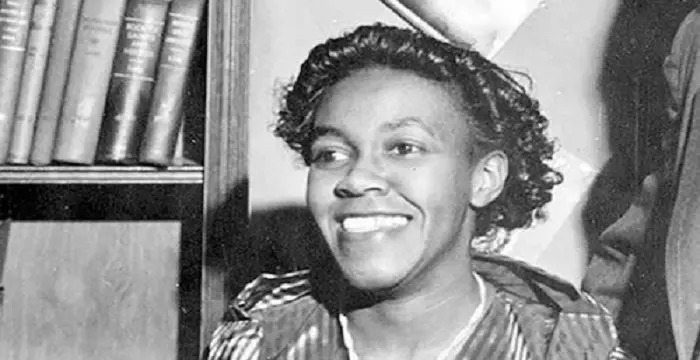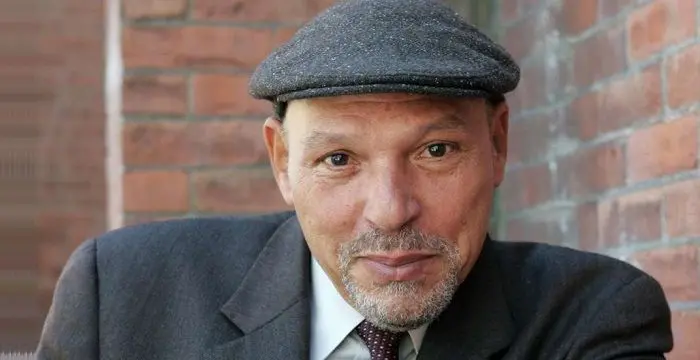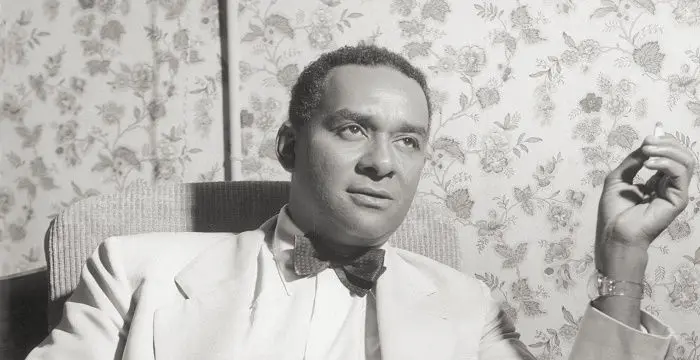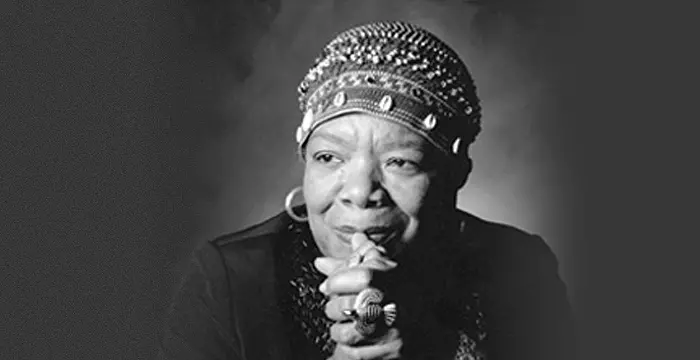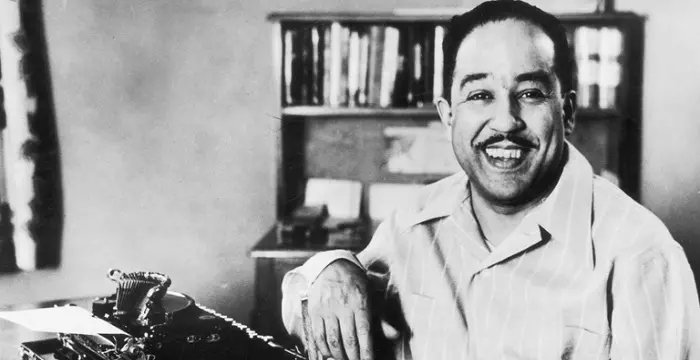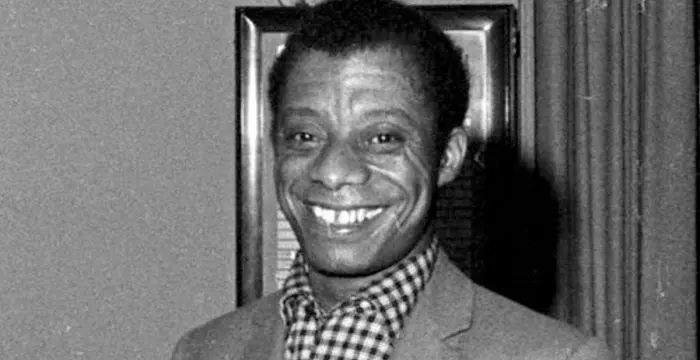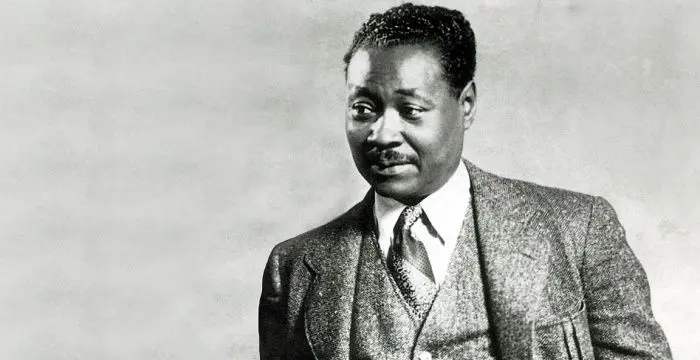
Claude McKay - Writers, Facts and Childhood
Claude McKay's Personal Details
Claude McKay was a Jamaican-American writer and poet who was amongst the major figures in the Harlem Renaissance
| Information | Detail |
|---|---|
| Birthday | September 15, 1889 |
| Died on | May 22, 1948 |
| Nationality | Jamaican, American |
| Famous | African American Authors, Black Authors, Black Poets, Writers, Poets, Novelists, Short Story Writers |
| Spouses | Eulalie Lewars |
| Known as | Festus Claudius |
| Universities |
|
| Birth Place | Clarendon Parish |
| Born Country | Jamaica |
| Gender | Male |
| Father | Thomas Francis McKay |
| Mother | Hannah Ann Elizabeth Edwards |
| Sun Sign | Virgo |
| Born in | Clarendon Parish |
| Famous as | Writer |
| Died at Age | 58 |
// Famous Poets
Charles Bukowski
Charles Bukowski was a German-born American novelist, short story writer and poet. With this biography, learn in details about his childhood, life, works, career and timeline
Seamus Heaney
Nobel Laureate Seamus Heaney was an Irish poet, playwright and translator. Know about his profile, childhood, life and timeline in the biography below.
Walt Whitman
Walt Whitman was an American poet, journalist and humanist. Read this brief biography to find more on his life & timeline.
Claude McKay's photo
Who is Claude McKay?
One of the most influential figures in the Harlem Renaissance, Festus Claudius McKay was a Jamaican-American novelist and poet. Better known as Claude McKay, he was the author of several award winning literary works including the highly acclaimed novel, ‘Home to Harlem’. He was a versatile writer whose work ranged from verses describing the rustic Jamaican life to more serious philosophical works. Life was not easy for the young black man in the early 20th century America and he was witness to rampant acts of racism. He expressed his anger at white authorities through his writings and even took to composing militant style poems. The struggles and triumphs of black people living in racist America was a recurring motif in his writings. His love for literature was apparent from a young age - he was an avid reader of works of philosophy, religion, and science. He was not even ten when he started composing poems of his own. A turning point in his life was his meeting with Walter Jekyll who became his mentor and encouraged him to write. The Jamaican born McKay moved to the U.S. where he was shocked by prevalence of racism. Racism, black life and emancipation of blacks were common concepts he explored in many of his writings.
// Famous Writers
Joyce Meyer
Joyce Meyer is a Christian author and speaker. This biography provides detailed information about her childhood, life, achievements, works & timeline
Temple Grandin
Temple Grandin is a well-known American writer, autistic activist and animal expert. This biography profiles her childhood, life, achievements, career and timeline
Tennessee Williams
Tennessee Williams was one of the greatest playwrights of the 20th century. This biography of Tennessee Williams provides detailed information about his childhood, life, achievements, works and timeline.
Childhood & Early Life
He was the youngest of the 11 children born to Thomas Francis McKay and Hannah Ann Elizabeth. His parents were farmers.
His oldest brother was a teacher and the young Claude was sent to live with him when he was seven. He loved to read books and devoured literature, philosophy, religion and science.
He met a mentor in Walter Jekyll in 1907 who encouraged the boy to write and develop his own literary style. He blossomed under his guide and began writing verses in Jamaican dialect. With Jekyll’s help he published his first book of poems, ‘Songs of Jamaica’ in 1912.
He moved to the U.S. in 1912 to attend Booker T. Washington’s Tuskegee Institute. There he encountered wide spread racism which motivated him to write more poetry. He did not like the place and shifted to Kansas State University.
Career
He published two poems in 1917 under the pseudonym Eli Edwards. He became acquainted with Crystal and Max Eastman who published the socialist magazine ‘The Liberator’ in 1919.
He became a co-executive editor of ‘The Liberator’ and served in this post till 1922. America was plagued by rampant racial violence during the period which influenced him to produce the poem ‘If We Must Die’.
Angry with white authorities, he joined a group of black radicals who formed the semi-secret revolutionary organization, ‘African Blood Brotherhood’.
He went to London in 1919 where he became a member of the International Socialist Club. He also became inclined towards militancy and joined the Rationalist Press Association.
He was employed as a journalist by the socialist paper ‘Workers’ Dreadnought’. He was drawn towards communism and attended the Communist Unity Conference that established the Communist Party of Great Britain. He continued writing poetry throughout.
He visited the Soviet Union from November 1922 to June 1923 and met many leading Bolsheviks. His Russian experiences were published in the essay ‘Soviet Russia and the Negro’ in December 1923.
In 1928, he published his first novel, ‘Home to Harlem’ which tells the story of a black soldier who abandons his military duties to return home. The novel gave an honest and detailed description of urban black life marked by prostitution and gambling.
The very next year he brought out the novel ‘Banjo: A Story without a Plot’. It was about the adventures of an African-American in Marseilles, France. But this book could not match the success of its predecessor.
He released and a collection of short stories titled ‘Gingertown’ in 1932 and a novel ‘Banana Bottom’ in 1933. These books were not much successful at the time of their publication but gained significance later on.
His autobiography, ‘A Long Way from Home’ was published in 1937. He described the problems he had faced as a black man in a white society. However, this book is considered unreliable as many facts from his life are missing.
During the 1930s and 1940s he wrote essays and articles for ‘The Nation’, ‘New Leader’, and the ‘New York Amsterdam News’. He wrote a non-fiction book, ‘Harlem: Negro Metropolis’ in 1940.
Major Works
His debut novel, ‘Home to Harlem’ was his most famous work. It tells the story of a black soldier who leaves the U.S. Army in the midst of the World War I to return home to Harlem. His story is juxtaposed with that of Ray, a disillusioned Haitian immigrant.
Awards & Achievements
The Jamaican Institute of Arts and Sciences honoured him with the Musgrave Medal in 1912 for his volumes of poetry, ‘Songs of Jamaica’ and ‘Constab Ballads’.
He was the recipient of the prestigious Harmon Foundation Award for distinguished literary achievement in 1929 for his works ‘Harlem Shadows’ and ‘Home to Harlem’.
Personal Life & legacy
He married his childhood sweetheart Eulalie Lewars in 1914. They had one daughter.
He died of a heart attack in 1948.
// Famous Novelists
Charles Bukowski
Charles Bukowski was a German-born American novelist, short story writer and poet. With this biography, learn in details about his childhood, life, works, career and timeline
Milan Kundera
Milan Kundera is a Czech-born French writer known for his erotic and political writings. This biography of Milan Kundera provides detailed information about his childhood, life, achievements, works & timeline.
Simone de Beauvoir
Simone de Beauvoir was an eminent French writer, intellectual, activist, and philosopher. This biography profiles her childhood, life, thoughts, achievements and timeline.
Claude McKay's awards
| Year | Name | Award |
|---|---|---|
Other | ||
| 0 | - Harmon Gold Award | |
Claude McKay biography timelines
- // 15th Sep 1889He was the youngest of the 11 children born to Thomas Francis McKay and Hannah Ann Elizabeth. His parents were farmers.
- // 1907 To 1912He met a mentor in Walter Jekyll in 1907 who encouraged the boy to write and develop his own literary style. He blossomed under his guide and began writing verses in Jamaican dialect. With Jekyll’s help he published his first book of poems, ‘Songs of Jamaica’ in 1912.
- // 1912He moved to the U.S. in 1912 to attend Booker T. Washington’s Tuskegee Institute. There he encountered wide spread racism which motivated him to write more poetry. He did not like the place and shifted to Kansas State University.
- // 1912The Jamaican Institute of Arts and Sciences honoured him with the Musgrave Medal in 1912 for his volumes of poetry, ‘Songs of Jamaica’ and ‘Constab Ballads’.
- // 1914He married his childhood sweetheart Eulalie Lewars in 1914. They had one daughter.
- // 1917 To 1919He published two poems in 1917 under the pseudonym Eli Edwards. He became acquainted with Crystal and Max Eastman who published the socialist magazine ‘The Liberator’ in 1919.
- // 1919 To 1922He became a co-executive editor of ‘The Liberator’ and served in this post till 1922. America was plagued by rampant racial violence during the period which influenced him to produce the poem ‘If We Must Die’.
- // 1919He went to London in 1919 where he became a member of the International Socialist Club. He also became inclined towards militancy and joined the Rationalist Press Association.
- // Nov 1922 To Jun 1923He visited the Soviet Union from November 1922 to June 1923 and met many leading Bolsheviks. His Russian experiences were published in the essay ‘Soviet Russia and the Negro’ in December 1923.
- // 1928In 1928, he published his first novel, ‘Home to Harlem’ which tells the story of a black soldier who abandons his military duties to return home. The novel gave an honest and detailed description of urban black life marked by prostitution and gambling.
- // 1929The very next year he brought out the novel ‘Banjo: A Story without a Plot’. It was about the adventures of an African-American in Marseilles, France. But this book could not match the success of its predecessor.
- // 1929He was the recipient of the prestigious Harmon Foundation Award for distinguished literary achievement in 1929 for his works ‘Harlem Shadows’ and ‘Home to Harlem’.
- // 1930 To 1940During the 1930s and 1940s he wrote essays and articles for ‘The Nation’, ‘New Leader’, and the ‘New York Amsterdam News’. He wrote a non-fiction book, ‘Harlem: Negro Metropolis’ in 1940.
- // 1932 To 1933He released and a collection of short stories titled ‘Gingertown’ in 1932 and a novel ‘Banana Bottom’ in 1933. These books were not much successful at the time of their publication but gained significance later on.
- // 1937His autobiography, ‘A Long Way from Home’ was published in 1937. He described the problems he had faced as a black man in a white society. However, this book is considered unreliable as many facts from his life are missing.
- // 22nd May 1948He died of a heart attack in 1948.
// Famous Black Authors
Gwendolyn Brooks
Gwendolyn Brooks was the first African-American poet to win the Pulitzer Prize. Read on to know more about her profile, childhood, life and timeline.
August Wilson
August Wilson is a Pulitzer Prize winning play writer, who is known to have authored the ten play series, The Pittsburgh Cycle. Read this biography to learn more about his childhood, profile, life and timeline.
Richard Wright
Richard Wright was one of the most acclaimed African-American authors. Read this biography to learn more about his childhood, profile, life and timeline.
Maya Angelou
Maya Angelou was a famous writer, activist, singer, and actor, known best for her autobiography, ‘I Know Why the Caged Bird Sings’. Read on for detailed information about his childhood, profile, career and timeline
Langston Hughes
Langston Hughes was an African-American poet who made significant contributions to the Harlem Renaissance. Check out this biography to know about his childhood, family life, achievements and other facts about his life.
James Baldwin
James Baldwin was an American writer and social critic, best known for his debut novel, ‘Go Tell It on the Mountain’. This biography of James Baldwin provides detailed information about his childhood, life, achievements, works & timeline
Claude McKay's FAQ
What is Claude McKay birthday?
Claude McKay was born at 1889-09-15
When was Claude McKay died?
Claude McKay was died at 1948-05-22
Where was Claude McKay died?
Claude McKay was died in Chicago
Which age was Claude McKay died?
Claude McKay was died at age 58
Where is Claude McKay's birth place?
Claude McKay was born in Clarendon Parish
What is Claude McKay nationalities?
Claude McKay's nationalities is Jamaican, American
Who is Claude McKay spouses?
Claude McKay's spouses is Eulalie Lewars
What was Claude McKay universities?
Claude McKay studied at Tuskegee University, Kansas State University
Who is Claude McKay's father?
Claude McKay's father is Thomas Francis McKay
Who is Claude McKay's mother?
Claude McKay's mother is Hannah Ann Elizabeth Edwards
What is Claude McKay's sun sign?
Claude McKay is Virgo
How famous is Claude McKay?
Claude McKay is famouse as Writer
